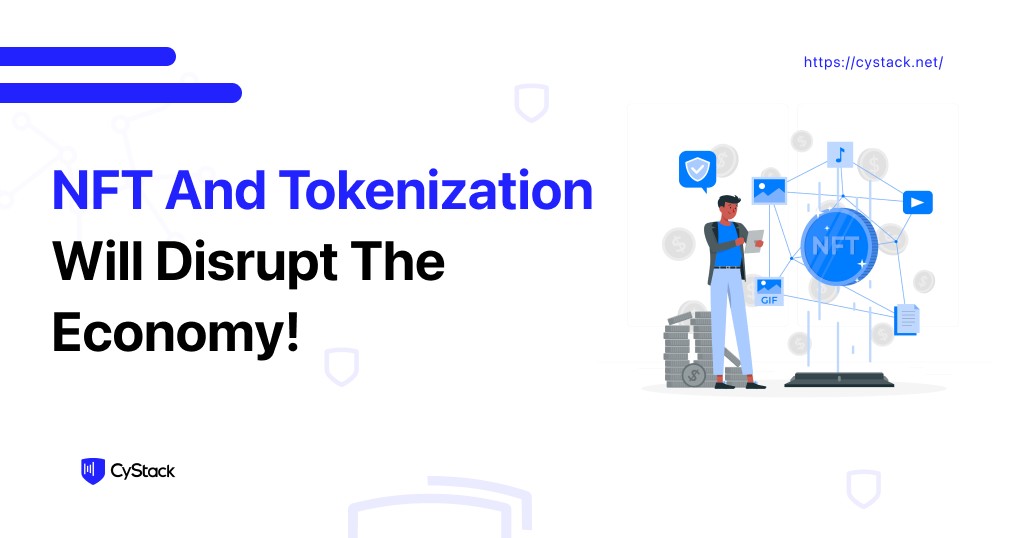
We recently discussed blockchain applications for businesses, in which NFT and tokenization are the most common. Experts predict the technologies of NFT and tokenization will disrupt the economy and create a metaverse world where transactions are paid with digitalized value.
This article analyzes why the prediction might come true – along with opportunities and challenges for your business.
What Are NFTs?
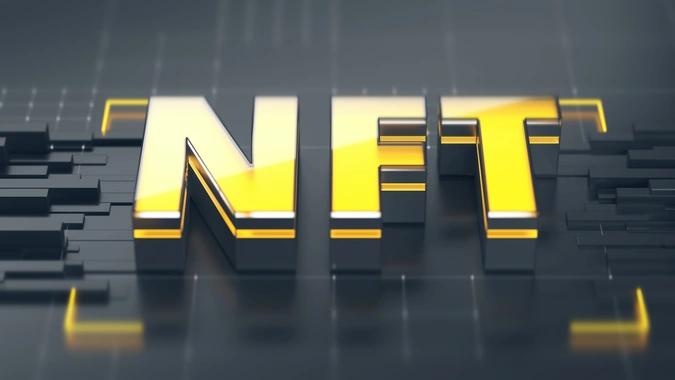
NFTs are Non-Fungible Tokens – unique digital identifiers to present the ownership of assets. Each token holds information about products and services in a blockchain that cannot be copied or substituted. In addition, only one entity or individual owns NFTs at a time.
The concept of NFTs is beneficial for the world economy. Businesses have a new revenue stream by selling NFTs as an authentication certificate rather than their physical products. Meanwhile, consumers can track the information and ownership of items in timestamps.
No doubt, NFT and tokenization will disrupt the economy!
How Do NFTs Work?
- Firstly, you can either “create” or “mint” NFTs.
When you create NFTs from scratch, you must make a whole new blockchain where people can trade your NFTs. It takes enormous effort and resources. Thus, it is quicker and more affordable to mint NFTs on existing blockchains such as Ethereum, Flow, Tezos, etc.
- Next, set up and fund your digital NFT wallet.
Set up a wallet to store the cryptocurrencies minted in the first step. The wallet can either be software or hardware using private keys to secure the information.
- Integrate the wallet into your current project to mint NFTs.
Connect the digital wallet to your current project on an NFT marketplace. There, you can upload your assets and turn them into NFTs for sale.
It is also possible to buy NFTs for other projects. All transactions will be stored in the wallet history.
Practical Applications of NFTs
Artwork
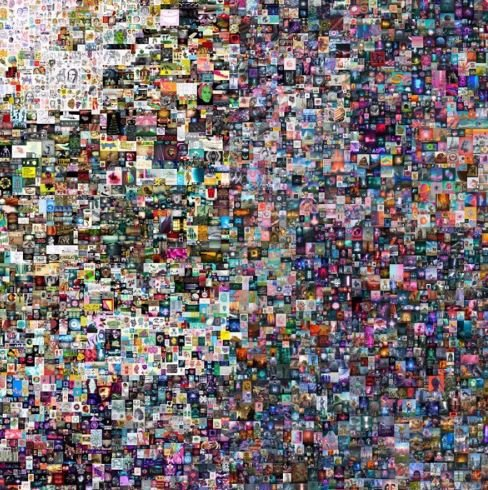
The history of NFTs started early in 2012 when Meni Rosenfield published his paper on the “Colored Coins” concept for Bitcoins. In 2014, Kevin McCoy created the first NFT – Quantum.
Nonetheless, 2021 was the year of NFTs. The prestigious auction house – Christie’s took an online auction for the artwork “Everydays: The First 5000 Days” and finally sold it for $69 million in NFTs. Since then, NFTs have created a new revenue stream for blockchains to sell their artwork and transfer ownership digitally.
Gaming applications
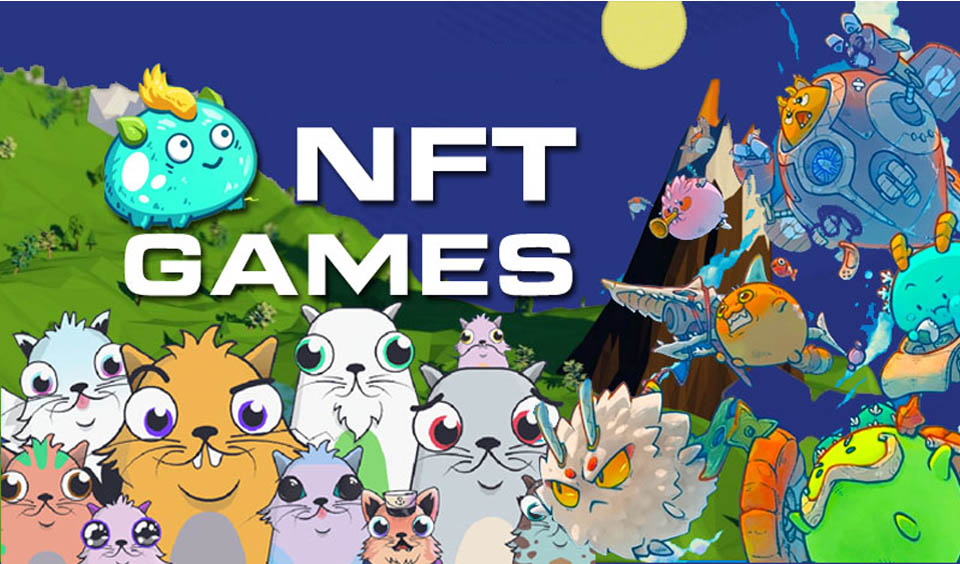
“Play to earn!” – this is the motto of almost all NFT gaming applications. Players will get digital rewards such as crypto, NFTs, and character skins when playing those games. Then, the players can use those rewards later to unlock further rewards or trade them for money.
Real estate
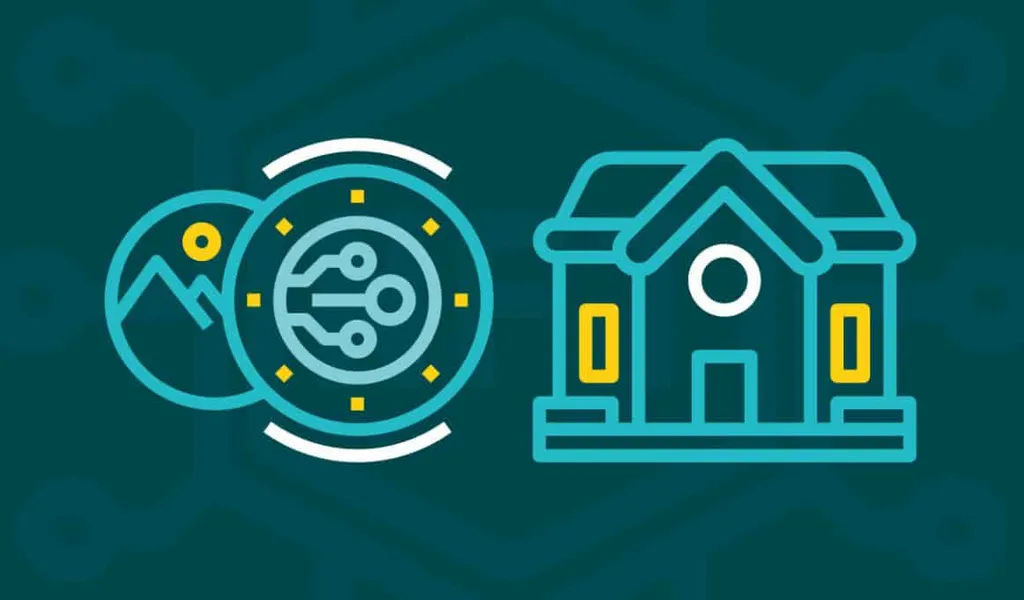
The real estate industry is another example of how NFTs and tokenization will disrupt the economy.
It currently takes tremendous paperwork to transfer property ownership. NFTs, if applicable, can streamline the process. Those non-fungible tokens save all the information to identify the ownership of real estate assets and are sellable to others within minutes.
Medical field

Another example of how NFT and tokenization will disrupt the economy is in the healthcare service.
NFTs provide a new way to make money from medical data.
For instance, individuals can mint their genetic data as NFTs in a blockchain. Other individuals or organizations need to pay to access the data, or they will be brought to court. Similarly, businesses in the healthcare field can also benefit from NFTs by selling medical-related products or studies digitally.
Four Challenges for NFTs
How NFTs and tokenization will disrupt the economy sounds terrific, but it is not the whole story. The NFT market is now facing at least five challenges.
- Scams and Copyright Infringements
The authorized ownership of NFTs is the heart of the technology. However, it is tough to identify whether the sellers are actual owners, particularly when NFTs transactions are online.
- Legal Challenges Related to NFTs Laws and Regulations
NFTs use digital smart contracts to define terms and conditions for their ownership. However, there are very few regulations and legalization for NFTs in the real world.
As a result, the vendors in the NFT market might find themselves vulnerable to legal battles in case of disputed ownership or transactions of the NFT assets.
- Hackers and cyber threats
NFTs use blockchain technology, which is theoretically secure on decentralized storage. Unfortunately, most NFTs marketplaces where you store your NFTs are on a centralized exchange. Hackers who manage to hack the marketplaces can hack your valuable NFTs.
- Evaluation Difficulties
It is surprising when artwork like Everydays: The First 5000 Days could be expensive that much – $64 million. This is an example of a challenging evaluation of NFT assets.
NFT prices fluctuate significantly, depending on their uniqueness, creativity, the number of owners and buyers, and more. For example, your non-fungible token will lose value if users lose interest in it and are unwilling to pay for it. It demonstrates unequivocally that NFTs are worthless.
The Future of NFTs
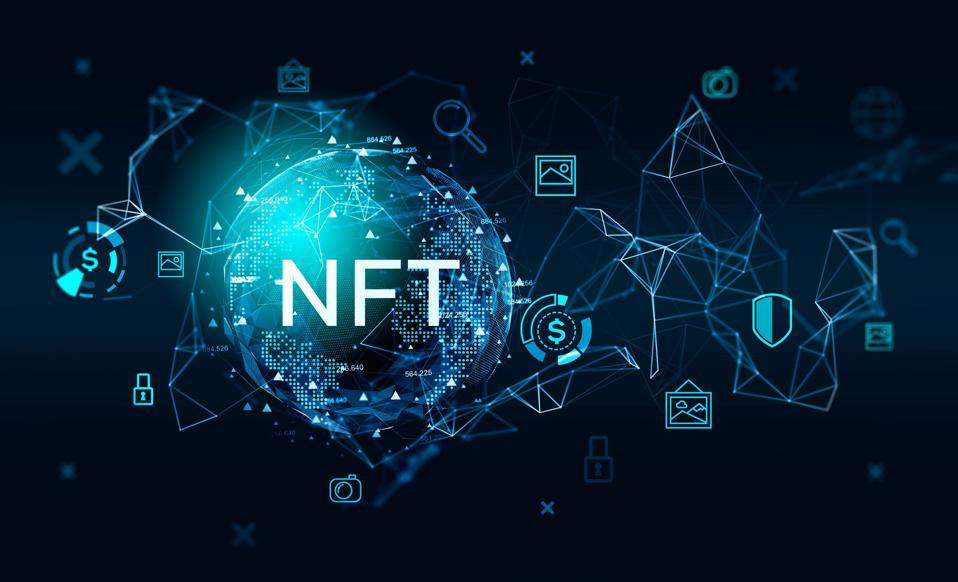
Although there are many risks to NFT transitions, their benefits outweigh the challenges, and the future of NFTs is prominent.
As our lives are becoming more virtual now and in the future, NFTs can become one of the prime currencies in the virtual world. At that time, almost everything could be NFTs and be tradable with cryptocurrency. Such a process cuts down on significant transaction costs and time.
Experts are optimistic about the booming of NFTs.
For instance, VMR – global research and consulting firm- claimed that the market’s overall value would be up to $231 billion by 2030. Or Dr. Joshua Ellul – the Director of Distributed Ledge Technologies, believed that “we’ll be using NFTs in 10 years without knowing.”
Wrapping Up
We completely agree with those opinions that NFT and tokenization will disrupt the economy – positively. As a business or an investor, you had better get insights into this technology and prepare yourself to take advantage of the technology.
 5 minutes read
5 minutes read
